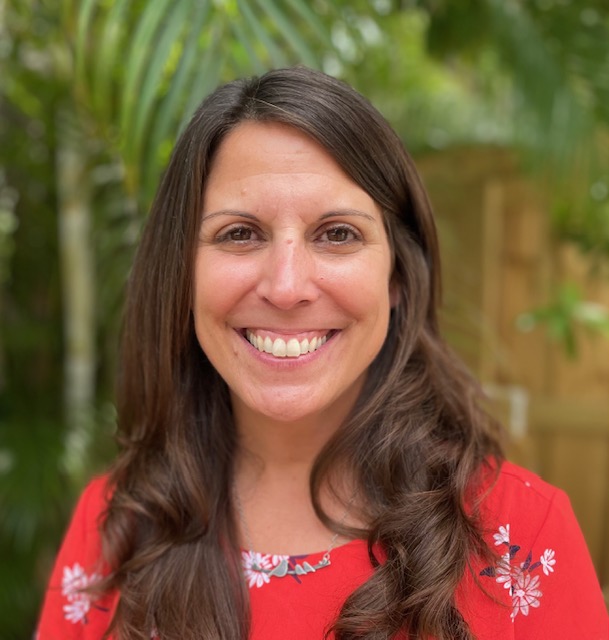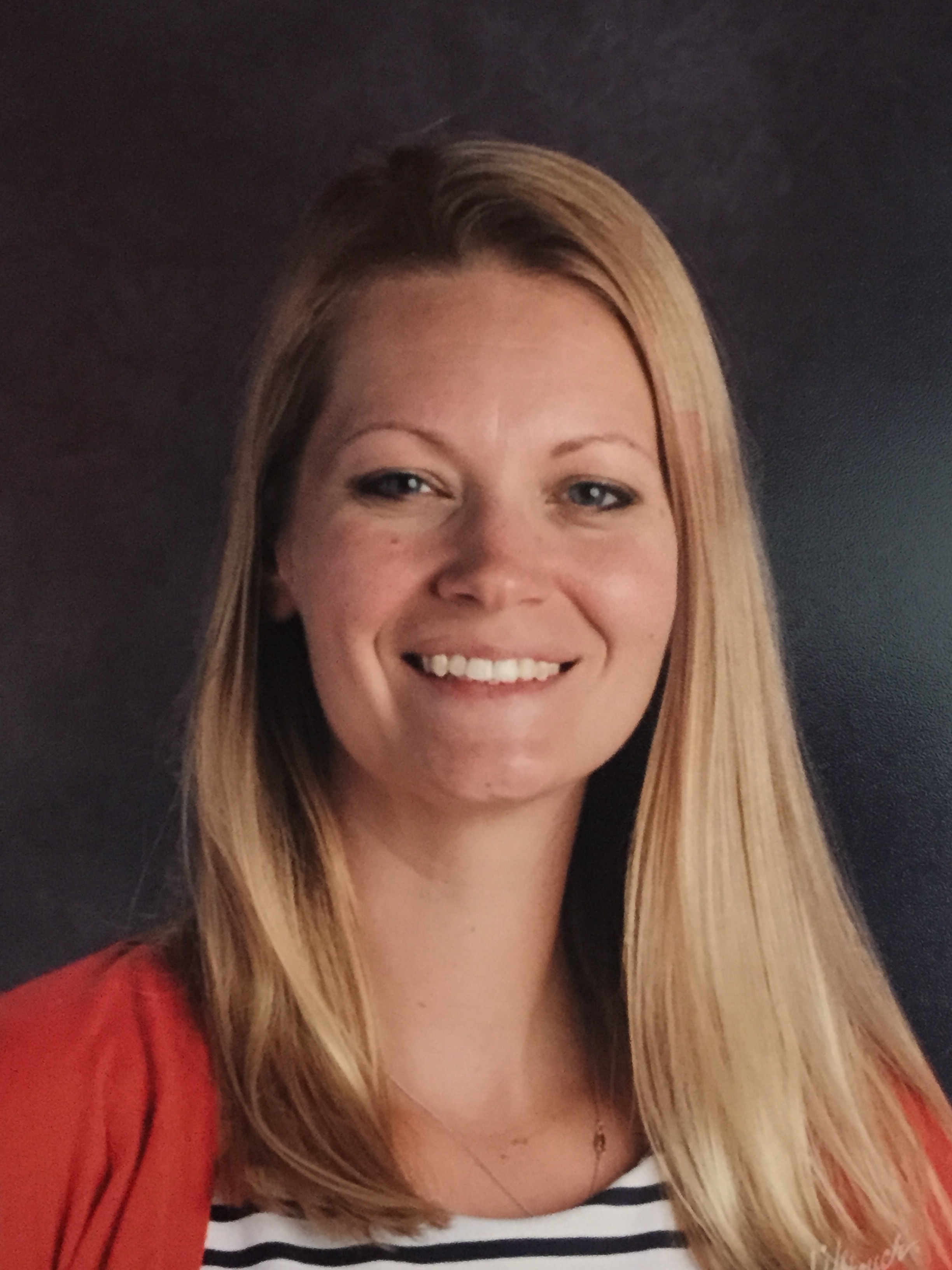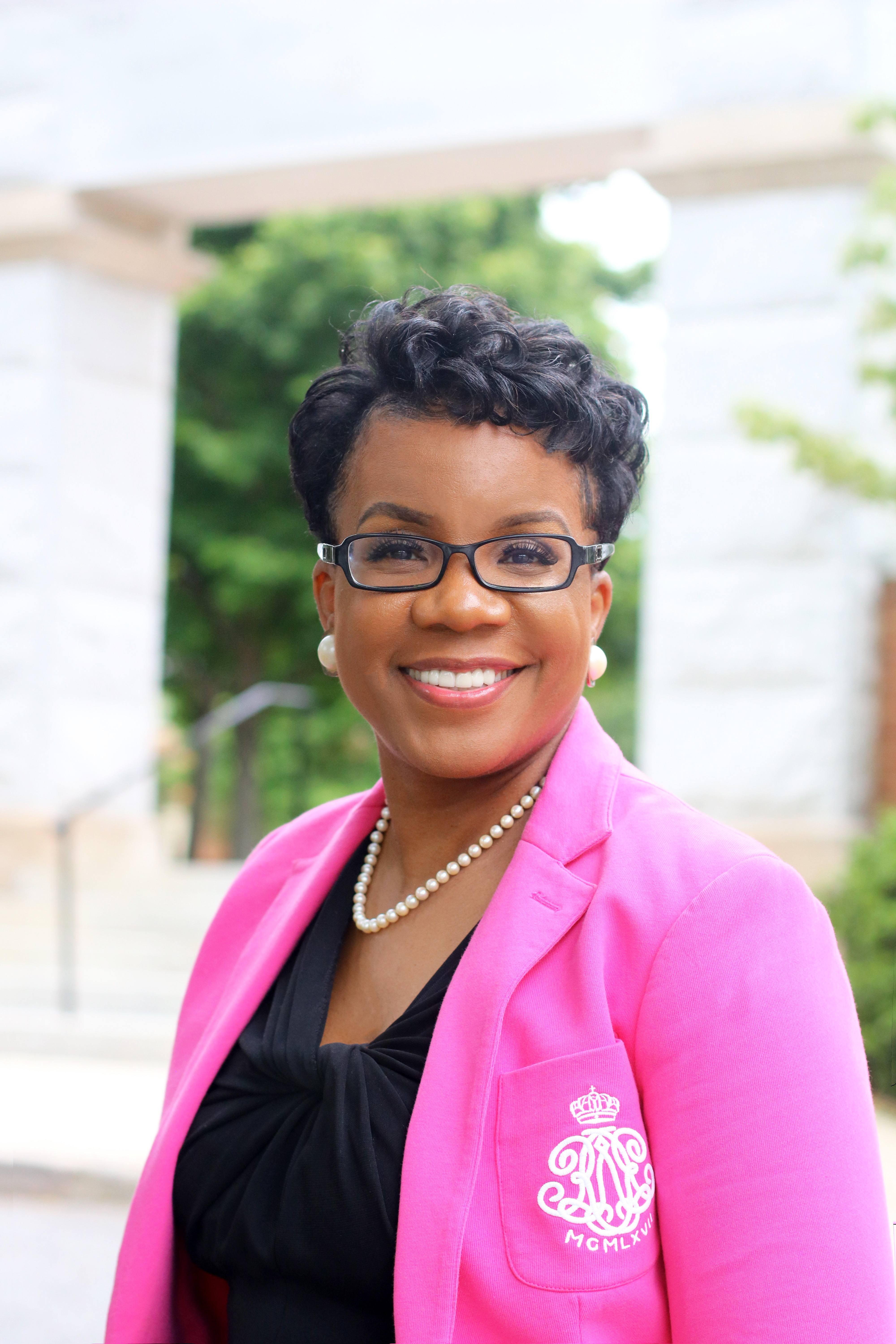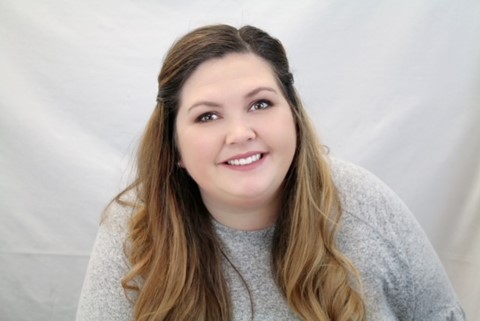Summer Institute
Professional Development Summer Institute
June 21 & 22 2023, Online - 9 a.m. - 3p.m. Eastern
The goals of PD Summer Institute are to:
- provide training in Center for Gifted Education curriculum materials
- disseminate research-based best practices
- provide professional development to promote leadership and exemplary practices in gifted education.
Target Audience
Summer Institute is designed for classroom teachers, teachers of the gifted, gifted program coordinators, and all teachers who want to enhance their ability to serve gifted and advanced learners or implement the Center for Gifted Education's curriculum units. In 2023 Summer Institute will offer a variety of one-day sessions. Participants choose which session they will attend each day at registration.
Registration is Closed
- $200 Early Bird (before June 1st, 2023)
- $250 General Registration
- $125 One Day Registration
2023 PD Online Summer Institute Sessions
- June 21 Options (Pick 1)
- W&M Language Arts Curriculum Implementation
- Differentiating Up: Addressing gifted and talented student’s needs in the regular classroom
- Resource Toolbox to Meet the Needs of Diverse Gifted Learners
- June 22 Options (Pick 1)
- Adding the Young Scholars Model as a Component of Your Gifted Program
- Twice-exceptional Learners 101
June 21, 2023
-
W&M Language Arts Curriculum Implementation

-
Explore and practice the implementation of this unique, theme-based curriculum, developed and field-tested by the Center for Gifted Education at William & Mary. With 17 units available for grades 1-12, the units cover not only the foundations of grammar, writing, vocabulary, and comprehension, but also literary analysis, reasoning, research, and concept development. With models and rubrics centered on abstract concepts such as utopia and change, this remarkable curriculum fosters high levels of critical and metacognitive thinking, guaranteed to challenge and engage your students. The central focus of this session is to familiarize educators with the format, the teaching models, and various texts used in the language arts units.
The session is for teachers new to using the curriculum and will provide an overview of the seven core teaching models as well as including a bit of structured time for participants to examine, work, and plan using their individual language arts units which they have on hand. Participants are strongly encouraged to have their own copies of any William & Mary Language Arts teacher editions and student readings for the workshop. - Trainer: Jennifer Callison
-
-
Differentiating UP: Meeting the needs of gifted and advanced learners in a regular classroom

- This session will focus on differentiation for students who need additional challenge beyond the grade-level curriculum in age based classrooms. We will learn several strategies that can be applied to any subject area and grade level. Strategies include: grouping, pre-assessment, interest inventories, curriculum compacting, tiered assignments, enrichment, higher level questioning, anchor assignments, academic competitions, increasing cognitive complexity, and independent choice-based projects. Teachers will also have the opportunity to practice adapting their current lesson plans or activities and receive feedback and guidance.
- Trainer: Dr. Ashley Carpenter
-
Resource Toolbox to Meet the Needs of Diverse Gifted Learners

-
The purpose of this session is to provide teachers with a toolbox of strategies and resources to reach all students. During the past three years, one school division applied several strategies to close gaps within the school division. The division provided a task force and consulted experts in the field. Based on the previous Local Plan for the Education of the Gifted, the VBCPS Gifted department implemented several components to provide equitable representation of gifted students throughout the school division. The Office of Gifted Programs attended various workshops and consulted with experts in the field. As a result of this comprehensive effort, the school division utilized various evidence-based interventions from experts like Dr. Geneva Gay, Dr. Gloria Ladson-Billings, Dr. Yvette Jackson, etc. to enhance the kindergarten and first grade talent development lessons. Additionally, the Gifted Resource Teachers (GRTS) developed learning plans for the 2nd -12th grade curriculum to meet the needs of all students. Not only did The Office of Gifted Programs utilize Dr. Donna Ford’s Equity formula to analyze the identification data throughout the school division but also implemented the online application process to provide longitudinal data. GRTs participated in professional learning opportunities to compare their actual results of their identification data to their school population to see if the data was in alignment. This session will highlight the strategies/resources used and some of the lesson plans created as a result of this work. The presenter will provide video footage and resources used to meet the diverse population in one school division.
-
- Trainer: Dr. Dornswalo Wilkins-McCorey
June 22, 2023
-
Twice-Exceptional Learners 101

- What is 2e? Who are the twice-exceptional? If you need an Introductory Course to Twice-Exceptionality, characteristics, common disability profiles, identification issues, and what services and strategies are recommended, this is the session for you.
- Trainer: Dr. Ashley Carpenter
-
Adding the Young Scholars Model as a Component of Your Gifted Program

- In this workshop, the presenter will guide you through the steps to implement the Young Scholars model as part of your gifted program. The session will start with an overview of the Young Scholars Model and key premises/components. Following this, participants will work to evaluate how the Young Scholars Model will fit within their gifted program, determine an identification process, and plan for implementation.
- Trainer: Stacy Hayden